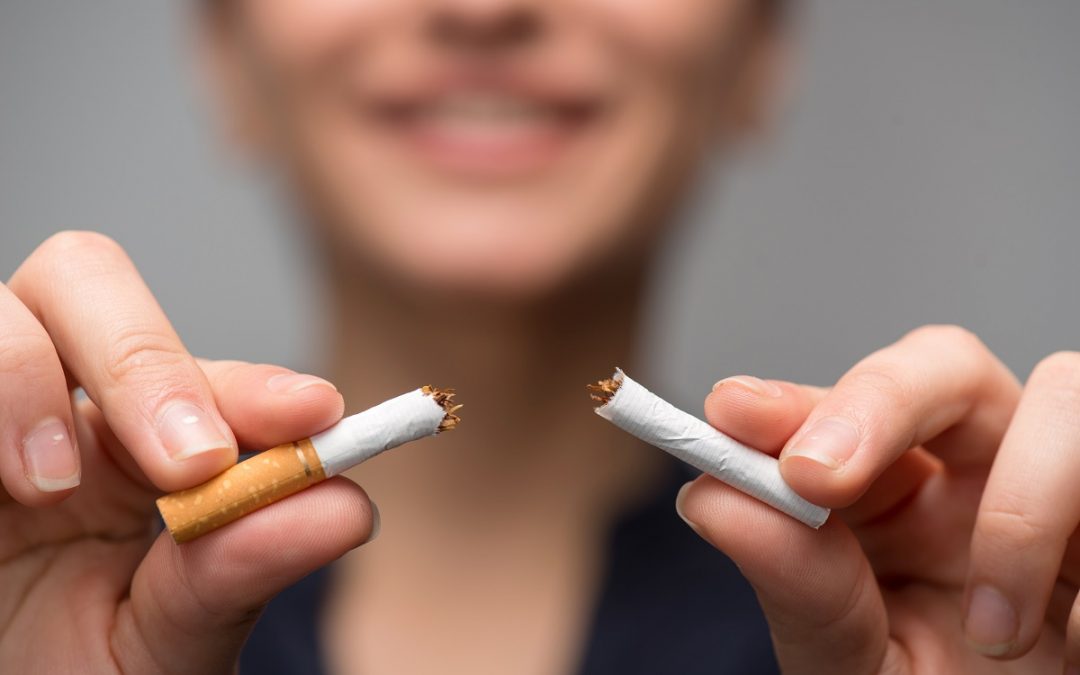Smoking is detrimental to nearly every part of your body, including your eyes. Although many people know that smoking can lead to life-threatening diseases like heart disease and cancer, they tend to be less familiar with the effects of smoking on their eyes and vision. The team at Eyesthetica wants to focus on those risks in today’s post.
Eye Diseases Linked to Smoking
Smoking is a major risk factor for serious eye diseases including cataracts, age-related macular degeneration, glaucoma, and uveitis. If left untreated, these diseases can lead to irreversible vision loss and possible blindness.
Smoking can also raise the risk of developing diabetes; the complications of which can significantly affect the health of the eyes. People with diabetes are more likely to develop problems like diabetic retinopathy.
Increased Risk of Dry Eye
Smokers are nearly twice as likely to have dry eyes as non-smokers. Tobacco smoke irritates the eyes and can worsen the symptoms of dry eye, which include red eyes, itchy eyes, watery eyes, and a foreign body sensation (i.e., something is stuck in the eyes).
Smoking While Pregnant
Expectant mothers that smoke subjects their unborn children to dangerous toxins. These babies are more likely to develop fetal and infant eye disorders, including crossed eyes and an underdeveloped optic nerve (which can lead to blindness).
Women that smoke while pregnant are also more likely to give birth to premature babies, putting them at a higher risk of eye problems than babies that are born at full term.
Affects Healing and Scarring after Surgery
Smoking can be very harmful to someone recovering from eyelid surgery or another oculoplastic procedure. The chemicals in cigarettes constrict the blood vessels, reducing blood supply to the healing tissues. Without adequate circulation, the tissues can die. The nicotine in a cigarette or even a vape pen can prevent surgical wounds from healing. Smoking is associated with a heightened risk of wound infections. Studies have also found that smokers tend to need more anesthesia during surgery, and more pain medication afterward.
It’s Not Too Late to Quit
People that quit smoking significantly lower their risk of eye diseases and poor healing after plastic surgery (not to mention, quitting helps their general health status and life expectancy). It is never too late to stop smoking and invest in the health and wellness of your eyes. The American Cancer Society’s website is a great resource for information about quitting, or you can work with your primary care physician to develop a cessation plan.
If you have any questions about quitting smoking in preparation for oculoplastic surgery, please call (213) 451-6824 or send us an email today.
View this post on Instagram. Travel and movement restrictions vary by location.


